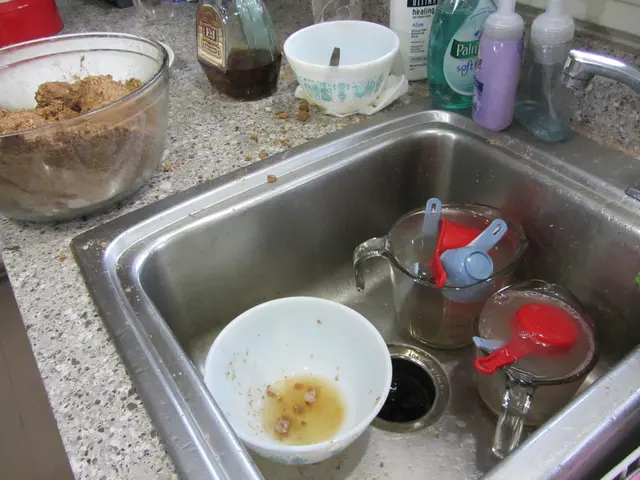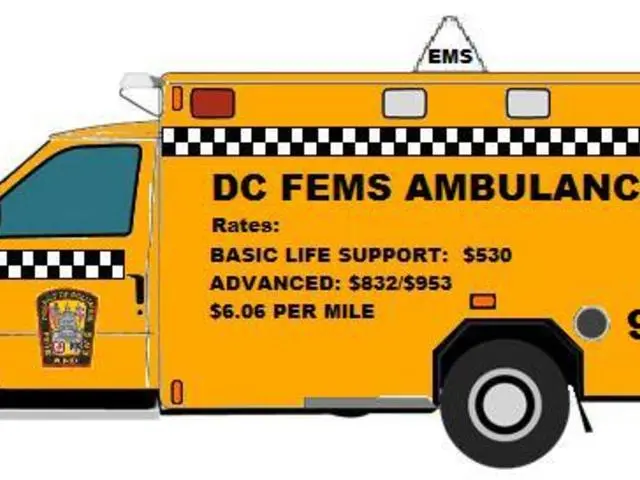AI Reshapes Career Advice: Nursing Emerges as Stable Option
The landscape of career advice and job automation is shifting. While a decade ago 'learning to code' was seen as a stable path, generative AI is now reshaping this advice. Meanwhile, the healthcare sector faces unique challenges in embracing automation, and the actual impact of AI on job displacement is being reassessed.
A decade ago, the advice to 'learn to code' was prevalent due to the perceived stability of tech jobs. However, with the rise of generative AI, this advice is evolving. Today, careers like nursing, which require strong people skills and problem-solving abilities, are being highlighted. This shift is reflected in SHRM's survey, which found that organizations value these skills even as AI advances.
In terms of automation, computer and mathematical jobs are most at risk, with 12.8% having at least 50% of tasks automated and no clear nontechnical barriers. However, the actual impact of AI on job displacement is less severe than initially predicted by Anthropic CEO Dario Amodei. Only about 6% of US jobs are vulnerable to full automation, despite many tasks being automatable. This is due to nontechnical barriers like client preference, legal and regulatory barriers, and cost-effectiveness.
The healthcare sector, however, faces significant obstacles to partial automation. These include high implementation costs, data protection concerns, lack of trust among healthcare workers and patients, and regulatory hurdles like the EU AI Act and Medical Device Regulation. Smaller companies also struggle with limited expert knowledge to comply with these regulations. Despite these challenges, healthcare practitioners and personal care jobs are least likely to be automated, with only 3% having at least 50% automation and no nontechnical barriers.
The advice for career stability is shifting away from tech-focused roles towards careers that emphasize people skills and problem-solving, like nursing. While automation is inevitable, the actual impact on job displacement is less severe than initially thought, with only a small percentage of jobs fully vulnerable. The healthcare sector, however, faces unique challenges in embracing automation, with high implementation costs and regulatory hurdles among the key obstacles.
Read also:
- Factors Contributing to Dementia and Strategies to Mitigate Them
- Exposure to Asbestos in the 9/11 Aftermath: 4 Methods to Validate Your Exposure
- Health enhancement for millions of Apple Watch users now unmissable, as stated by Apple
- Tips for Advanced Professionals: Enhancing Your Skills Through Professional Development








